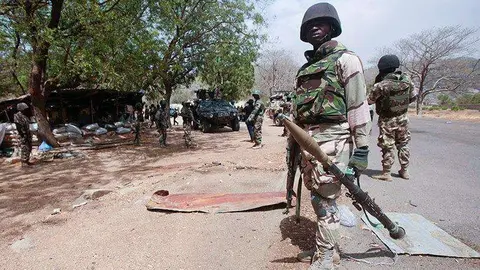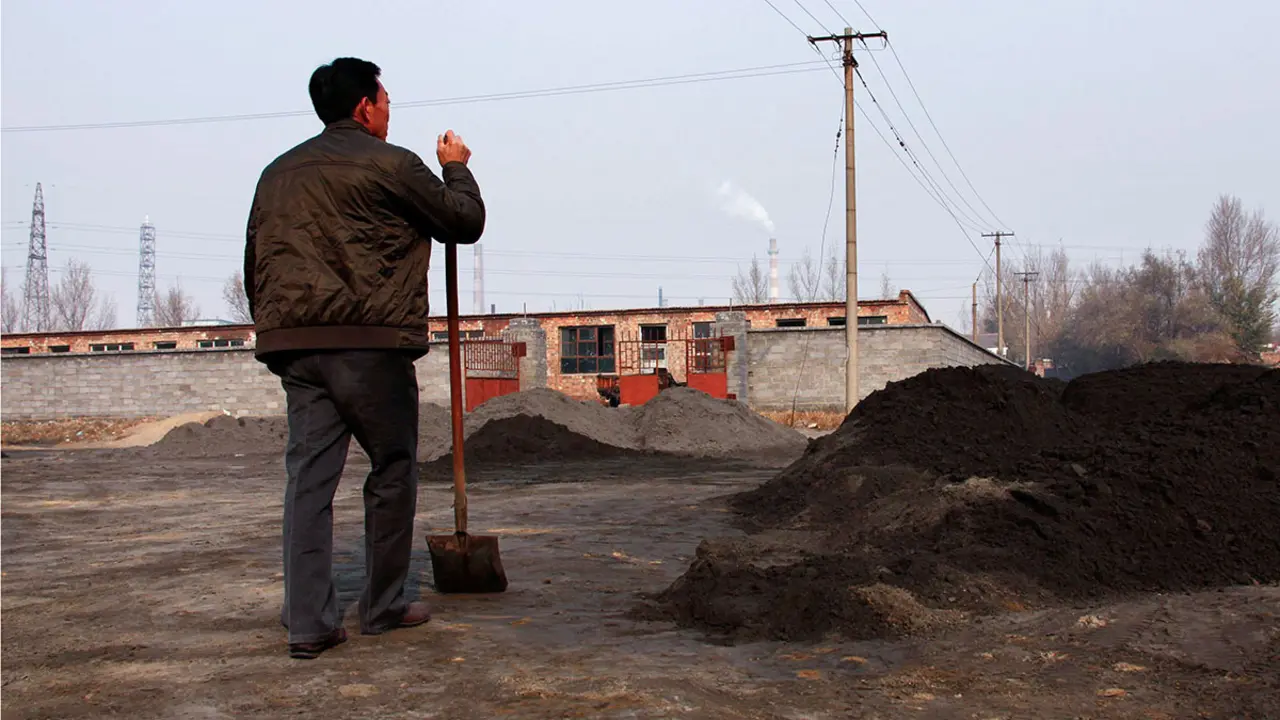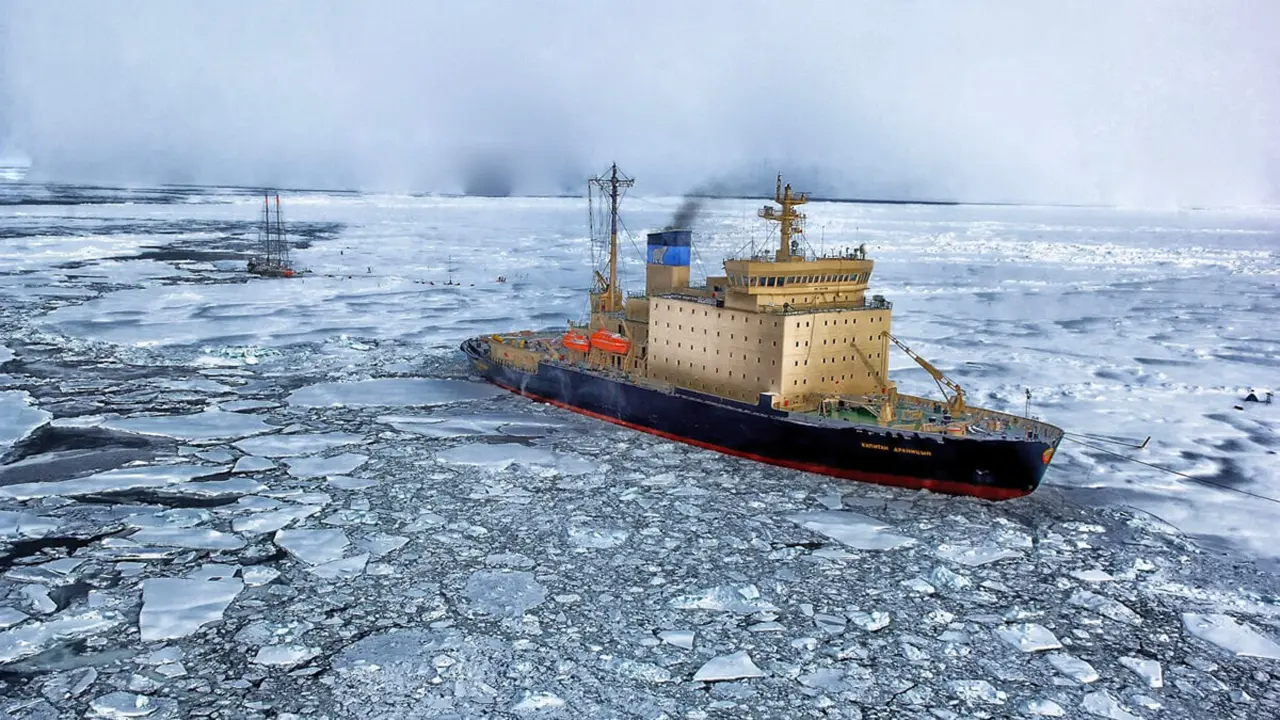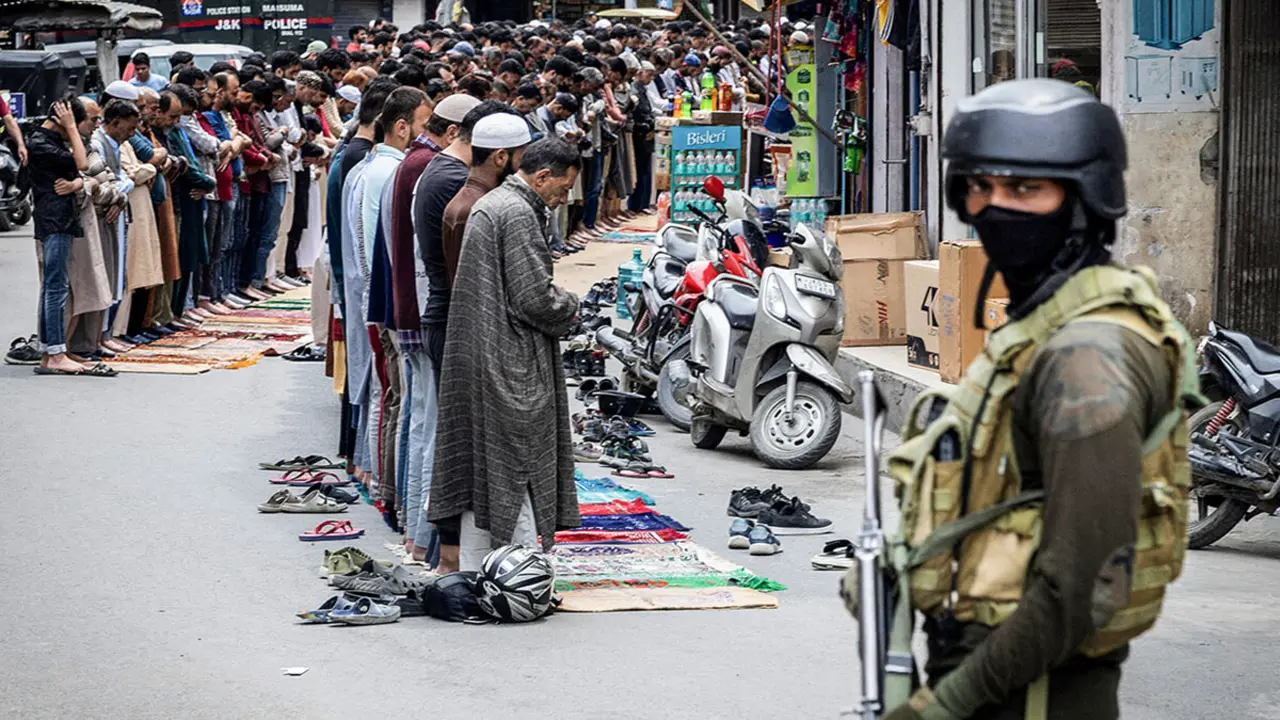The Gulf of Guinea, an added problem
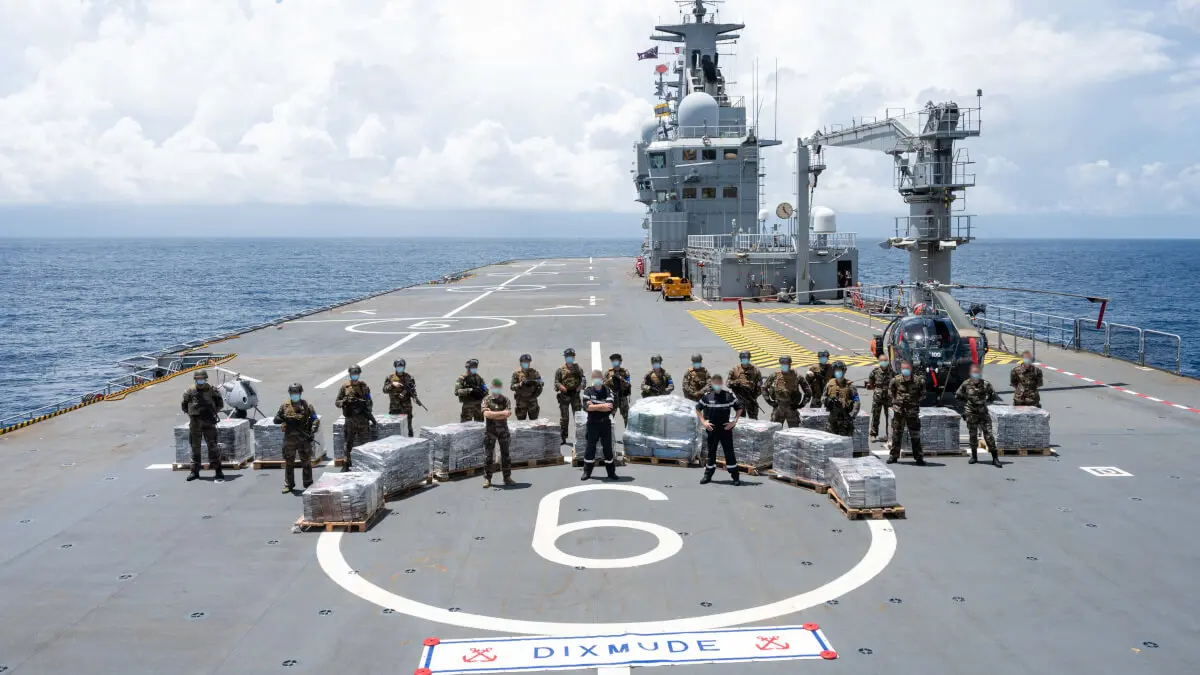
On several occasions we have drawn attention to what is happening in the Sahel region and in the countries of West Africa. However, reference is rarely made to an area of that region that is of vital importance and whose situation is deteriorating by leaps and bounds. And all of this is aggravated by the fact that, in addition to being an area that accumulates diverse natural resources, it is a key point for different maritime routes, a fundamental part of the economy of the countries that surround it, and is the gateway for drug trafficking that crosses the ocean and African lands from the American continent to reach Europe. The area in question, which brings together the perfect combination of factors to become one of the main sources of destabilisation, is the Gulf of Guinea.
Geographically speaking, the Gulf of Guinea itself stretches from Cape Palmas in Liberia to Cape Lopez in Gabon, covering part of the tropical Atlantic Ocean. However, its political space is much larger, stretching from Angola to Cape Verde, with landlocked countries being considered part of this geopolitical area.
The particular meteorological conditions in combination with the Atlantic ocean currents are the origin of rich seasonal fisheries, especially off the coasts of Côte d'Ivoire, Ghana, Congo and Gabon. In addition, the oceanic islands of the Gulf of Guinea are rich in biodiversity, and scientists continue to discover new species after decades of exploration.
The richness of its waters is matched by other economic resources, all in an environment with serious security problems such as piracy, kidnapping and illegal fishing. The latter seriously affects human development in the region, contributing to poverty and food insecurity, and generating a chain of problematic coping mechanisms.
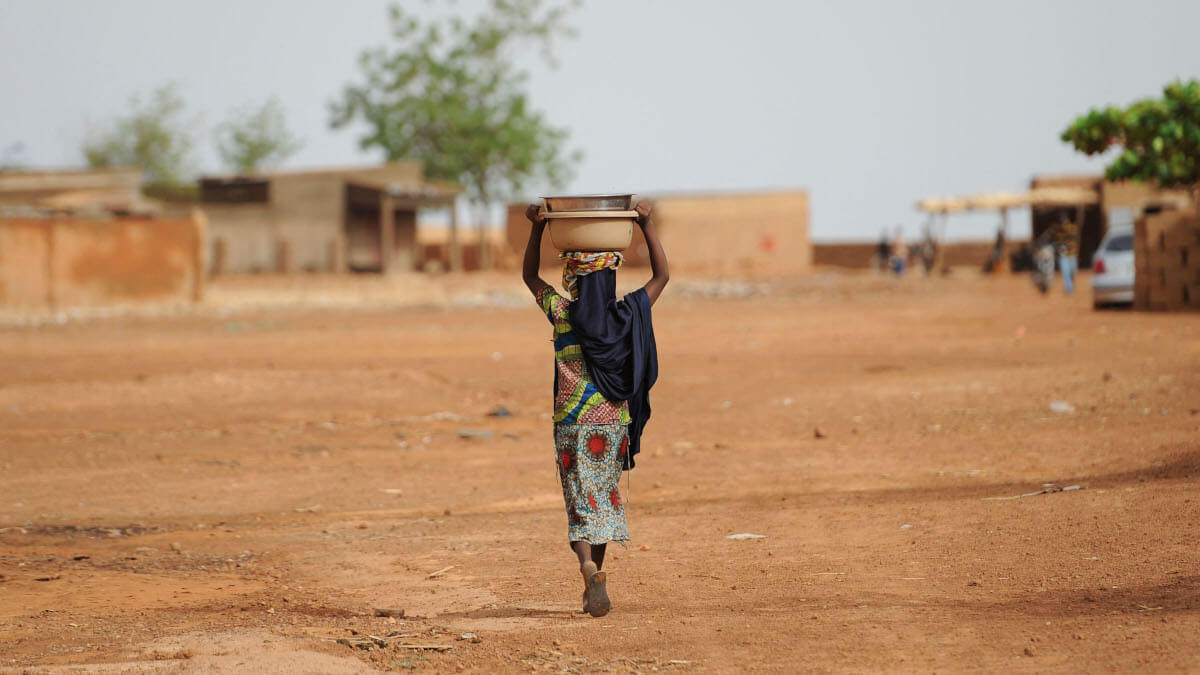
The Gulf of Guinea is notable for its important role as a link between the states of the region and the African continent, as well as with the rest of the world in terms of maritime transport and international trade, facilitating the import and export of goods and services to and from the main world markets by sea. One of the main problems facing this activity, which a priori should contribute to the development of the area, is the weakness of national and supranational regulatory frameworks for extraction and export, so that a region that has all the makings of achieving very acceptable levels of development falls victim to the illegal extraction and export of the resources on which its wellbeing depends.
Another aspect that stands out in the area is the high incidence of maritime insecurity fuelled by the incessant attacks by pirates who use all kinds of means for their illicit activity. The impact of maritime crime in the Gulf of Guinea materialises not only on maritime transport, but also has negative effects on food security and, ultimately, on regional and international security. The wave of maritime insecurity since the beginning of the second decade of this century attracted worldwide media attention for a short period of time, creating what appeared to be an environment conducive to coordinated international action. However, interest has waned and today, although a key issue, it is far from receiving the attention it deserves.
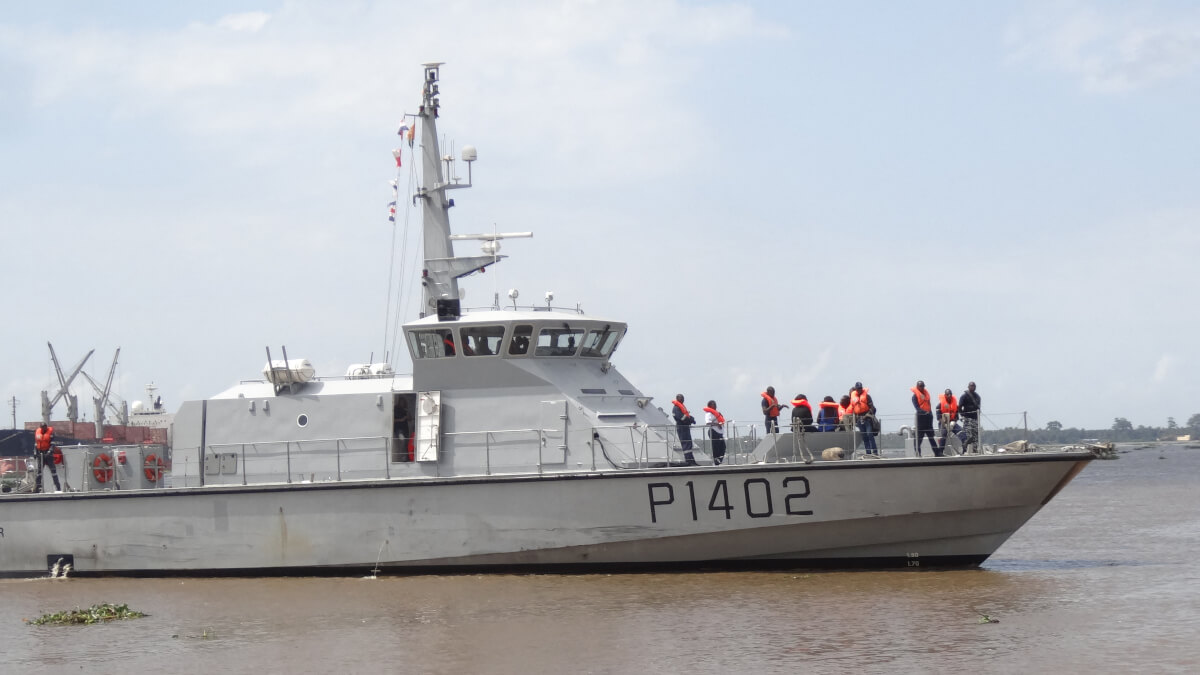
Inadequate governance of maritime security in the region is attributed to factors such as corruption, lack of trust and competing interests, which contribute to systemic corruption, the flourishing of criminal organisations and mistrust between communities and state institutions. A framework for progress in governance requires initiatives that address systemic corruption and establish genuine cooperation in the maritime domain, involving civil society and local communities, which are so important to the dynamics of the African continent.
Competing priorities, often driven by the personal interests of political leaders, lack of vision and limited financial and human resources, make it difficult to allocate the necessary means to improve the control and security of the maritime domain.
Approximately twenty percent of the world's fish catch comes from the area, and this economic activity officially accounts for between one and five percent and fourteen percent of the GDP of coastal nations. In Ghana alone, the livelihoods of two million people depend on fishing. The conclusion is clear: fisheries play a key role in ensuring food security throughout the region. But fishing is not the only source of income. According to the European External Action Service, some 1,500 fishing vessels, oil tankers and cargo ships ply the waters of the Gulf of Guinea on a daily basis.
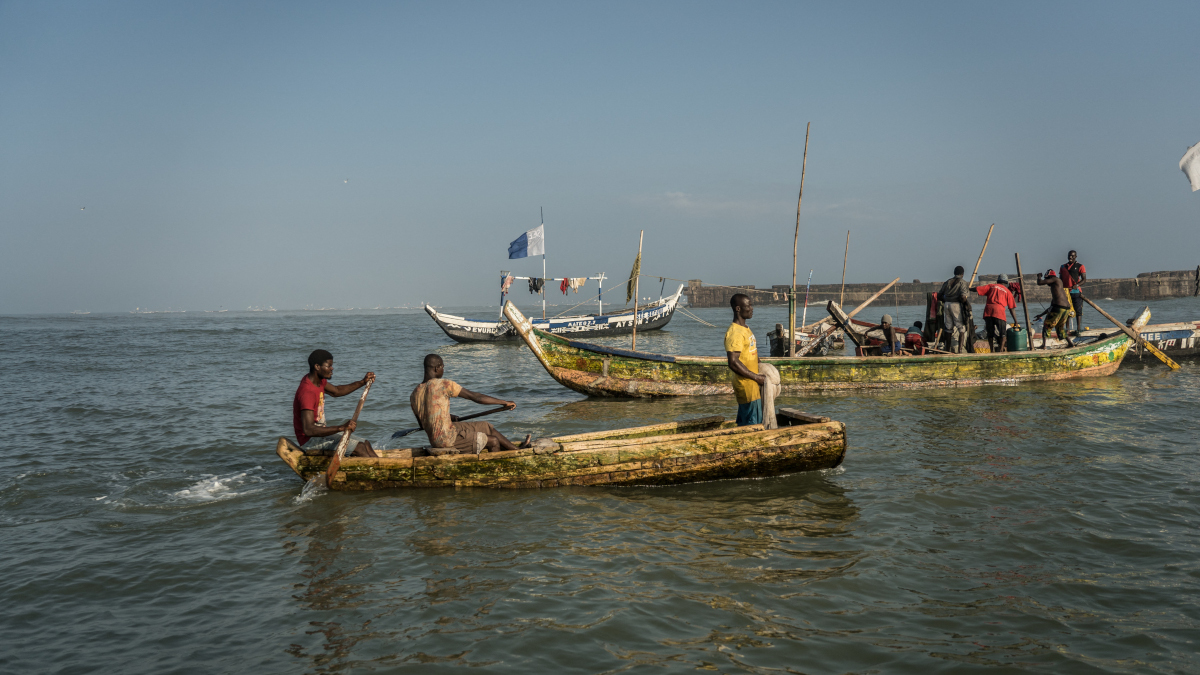
The Gulf of Guinea is a centre of trade and mineral extraction linking Africa, South America and Europe, and serves as a hub of economic activity for both coastal and landlocked African countries, as it is the outlet for commodities such as timber, diamonds, tin, cobalt and a plethora of agricultural products. The Gulf also contains ten percent of the world's oil reserves, and is home to Africa's two largest oil producers, Nigeria and Angola.
The Gulf of Guinea's economy is therefore of paramount importance to the region's human development, and the quality of governance of the ports and maritime environment is crucial to the region's prosperity.
During the second decade of this century, the Gulf of Guinea became a pressing security issue for the international community. The region witnessed an increase in piracy, kidnapping, armed robbery at sea, oil bunkering, illegal, unreported and unregulated fishing, human and drug trafficking, and environmental crime. This problem was compounded by a complex web of political interests and competition for natural resources, with no national or supranational entity having the capacity to act throughout the area. Despite widespread belief, due to the media spotlight on the Somali coast, the Gulf accounted for ninety-nine percent of the world's maritime hijackings. The rate of illegal, unreported and unregulated fishing in the Gulf was estimated at thirty-seven percent of the total seafood catch, the highest proportion globally, with serious consequences for fisheries, ecosystems and local economies, as well as serving as a basis for wider transnational crimes.
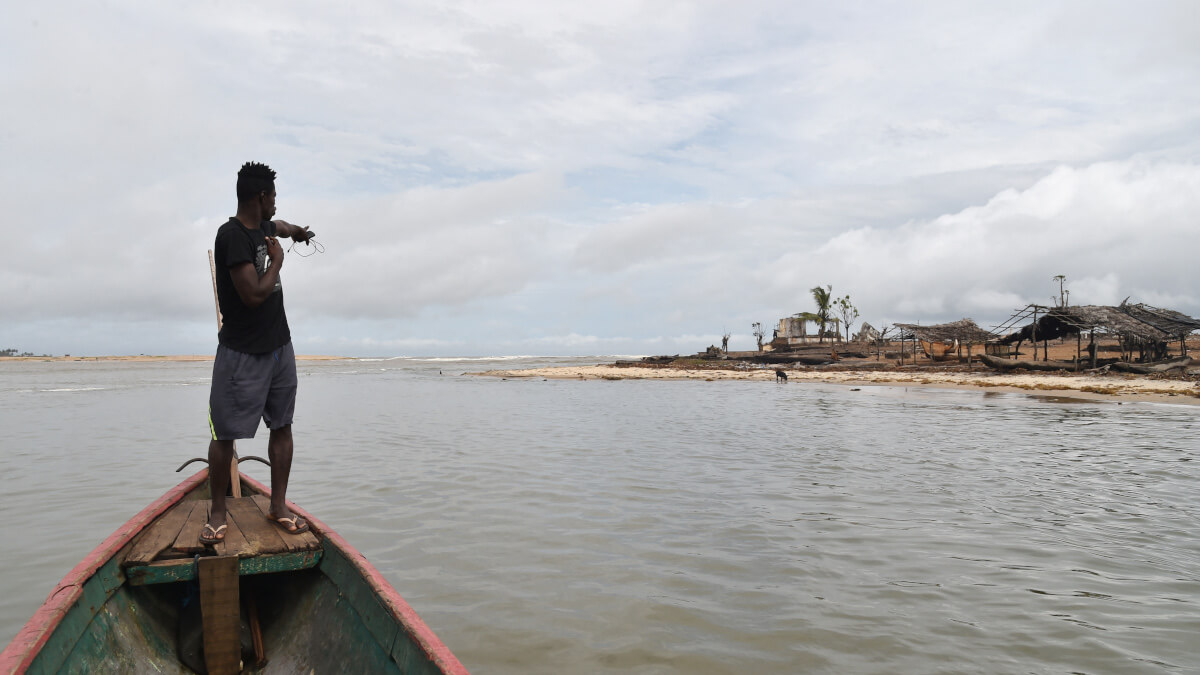
This situation puts pressure on coastal communities and translates into security concerns for countries in the region. Most of the fish consumed on the continent comes from artisanal fisheries, which turns threats to fishing communities into food security problems, initiating a spiral of terrible results. Declining fish stocks eventually induce fishermen to resort to illegal fishing methods such as dynamite fishing and light fishing, further endangering fisheries. The immediate consequence is the need to seek other survival mechanisms, such as opportunistic piracy, vandalism of oil and gas pipelines, human trafficking or collaboration with drug trafficking networks, with young people, as usual, being particularly susceptible to these temptations, not forgetting that this scenario is the perfect breeding ground for the establishment and expansion of radical ideologies.
The realities of regional political economies may not allow states to tackle all these illicit activities directly and effectively. Local communities rely on fishing as their only means of livelihood, and states turn a blind eye to certain practices in the fight against poverty. A clear example is Nigeria, where in the Niger Delta illegal refineries provide employment opportunities because they are labour-intensive, and state tolerance of this illicit economy is both practical and political. But again this is a serious short-sightedness, another vicious circle, for this brings its own problems: although Nigeria has significant hydrocarbon reserves, security problems and systemic corruption deter investors, leading to a situation where oil majors are slowly withdrawing from the region.
The threat of piracy in the Gulf of Guinea is not a new phenomenon, but dates back centuries, with its heyday between the 16th and 19th centuries. However, the naval power of the Royal Navy of the British Empire and other European states forced a decline in pirate activities along the coast. With the process of decolonisation, however, pirate activities re-emerged, and coastal countries that inherited small, weak and poorly trained naval forces have since been able to do little in the face of almost endemic economic crisis and a political climate of permanent instability.

Overall, the incidence of violence against seafarers has risen sharply, with 140 reported cases of kidnapping between 2000 and 2014. By the end of 2021, forty-three per cent of all injured victims of pirate attacks worldwide were from the Gulf of Guinea, and international agency reports on global piracy with 2021 data indicate that forty incidents of crew hijackings occurred in the area, the only one where the crew died.
While Somali pirates focus more on kidnapping for the purpose of extortion, seizing ships and holding their cargo and crew to obtain money from shipowners in exchange for their release, pirates in the Gulf of Guinea attack ships with the aim of stealing all valuables from the ship and crew. This indicates much less organised and complex structures. The kidnapping of crew members rarely occurs, but on the contrary has the characteristic that the levels of violence are comparatively much higher, as neither the ships themselves, nor the cargo or the crews are of any benefit; they are expendable, and this makes the pirates in the region rather indifferent to ensuring the well-being of the hostages.
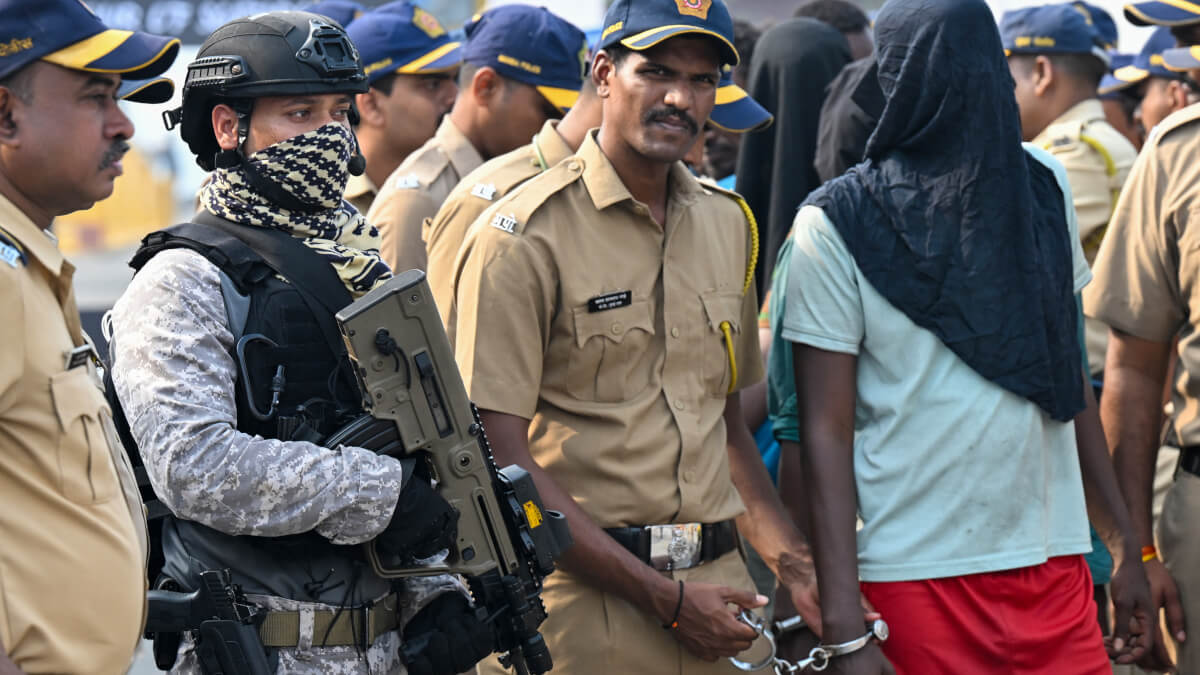
The trend in recent years seems to have remained stable or even shows some signs of a downward trend. In the first quarter of 2024 there have been six incidents compared to five in the same period in 2023. But this should not be misleading. Piracy in the Gulf of Guinea remains a serious threat, and the overall data corroborate this. Since 2016, there has been a pirate attack in its waters every four and a half days. And the spread of jihadism in bordering countries does not bode well. Endemic poverty is a major catalyst driving young people to commit all sorts of crimes, piracy among them. These crimes undermine coastal economies and further deplete already overstretched state coffers, even affecting inland countries. The direct, indirect and opportunity costs of these activities cause serious losses to states in the region, as they also contribute to the value lost by states in terms of oil and stolen goods. According to research conducted by Chatham House, the scale of oil theft in the Niger Delta ranges from $3 billion to $8 billion per year, and this crime occurs mainly on its land or in its shallow, marshy waters.
The volatility of the Gulf of Guinea's waters demands that initiatives be put in place to address all the challenges posed by the situation, and these need to be taken in close coordination with what is being done in the Sahel. Both are interconnected regions, and what happens in each will have an impact on the other. A holistic view of the scenario we face is necessary. Otherwise, the problem will not be tackled, and we cannot afford to make the same mistakes again. Too much is at stake.


